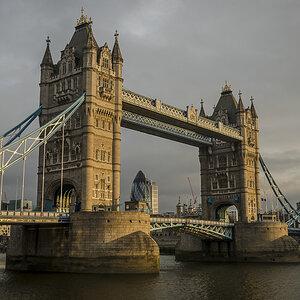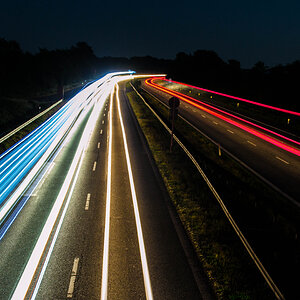thomas610
TPF Noob!
- Joined
- Oct 14, 2017
- Messages
- 29
- Reaction score
- 2
- Can others edit my Photos
- Photos OK to edit
Since i got my new camera two days ago I have been wiping a lot (very gently with a soft microfibre cloth) not knowing the risks! if i don't do it from now on and use a uv filter instead should i be ok? I'm aware of the issue of cleaning marks etc. so it would be good to know that I haven't seriously damaged the camera in any way. It's an Olympus 35 RC.


![[No title]](/data/xfmg/thumbnail/39/39447-6e7679723d775935851f055bae9712ba.jpg?1619739036)


![[No title]](/data/xfmg/thumbnail/32/32712-779fdbfe2a0a6166b7dfdd81426fd16a.jpg?1619735617)
![[No title]](/data/xfmg/thumbnail/32/32708-c55da623febe9d91efe5f28aa54c3090.jpg?1619735612)

![[No title]](/data/xfmg/thumbnail/39/39448-28e9a5e96080f7edcaf8e4226d8a0a6c.jpg?1619739036)

